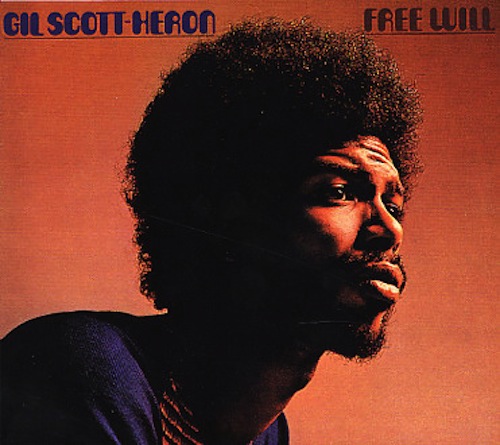This morning I took my breakfast at the Press Box, as is my wont. I was talking to my server about her sister’s novel when a drunk man interrupted us, waving a beeper. He was wearing a Carhartt jacket and a human costume one size too large, which turned out to be his skin. He had the outgoing cheer of a person still up from the night before and the repetitive speech patterns of the more serious partier.
“Oh yeah?” he said, in response to the server’s claim that her sister lived in the Bay Area. “What’s this?” He waved the beeper closer. “What is this?”
“A beeper!” I said. “That’s amazing.”
It did not sound convincing to me, but he was fully convinced. He talked to me for a long time. He never felt like what he was doing was inappropriate, and when finally I rose to flee he thanked me for appraising his beeper and shook my hand.



